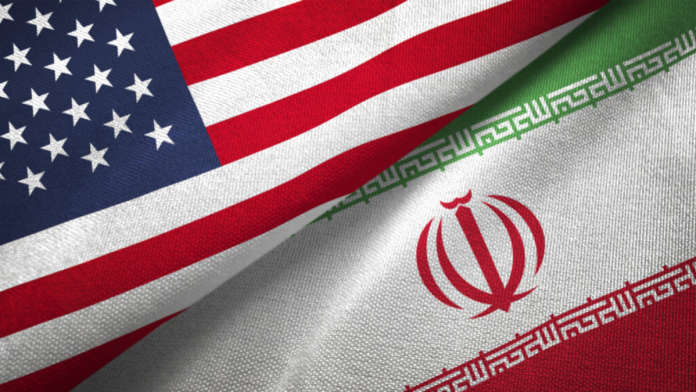The United States has revealed that Iran continues to send massive financial support to Hezbollah, even under the weight of strict international sanctions. According to US Treasury Undersecretary for Terrorism and Financial Intelligence John Hurley, Iran has funneled around $1 billion to Hezbollah this year, showing that Tehran’s economic struggles have not stopped its regional influence.
Hurley, speaking to Reuters during an interview in Istanbul, said the United States sees a strategic “moment” in Lebanon to curb Iran’s funding and push for Hezbollah’s disarmament. “There’s a moment in Lebanon now. If we could get Hezbollah to disarm, the Lebanese people could get their country back,” he said.
The United States continues its “maximum pressure” campaign to limit Iran’s uranium enrichment and its support for militant groups across the Middle East. Hurley noted that despite sanctions and economic hardship, Iran “is still pumping a lot of money to their terrorist proxies.”
He explained that cutting off this financial lifeline is key to weakening Hezbollah’s control over Lebanon. Washington believes that removing Iranian influence could allow the Lebanese government to regain authority and stability after years of political and military tension.
U.S. cracks down on Iranian oil empire — Hossein Shamkhani accused of using Dubai to dodge sanctions
US Efforts to Block Iranian Money
Hurley, on his first Middle East tour since taking office under President Donald Trump, has been meeting with officials and business leaders across Turkey, Lebanon, the United Arab Emirates, and Israel. His mission is to strengthen cooperation against Iran’s funding networks that support Hezbollah and similar groups.
Last week, the US imposed sanctions on two individuals accused of using money exchanges to fund Hezbollah. These measures are part of broader efforts to target financial channels that Iran uses to bypass restrictions. Despite years of pressure, Tehran has managed to maintain its financial support for Hezbollah through covert operations and alternative trade routes.
Washington’s latest push comes as Hezbollah’s military capabilities have been significantly weakened after the 2023–2024 war with Israel. American officials hope this period of relative weakness could be used to encourage disarmament and political reform in Lebanon.
However, US authorities warn that Hezbollah continues to rebuild its network with Iranian funding. Hurley emphasized that Iran’s ongoing financial aid remains the main obstacle to peace and stability in the region.
Tensions Rise as Hezbollah Rebuilds
In southern Lebanon, the Israel Defense Forces (IDF) have stepped up operations against Hezbollah in recent weeks. On Saturday, the IDF struck and eliminated a Hezbollah terrorist in Baraashit, accusing him of trying to rebuild military infrastructure in violation of the ceasefire agreement reached last year.
Satellite images expose Iran’s ‘shadow fleet’ trading oil in South China Sea despite U.S. sanctions
Earlier the same day, IDF troops from Division 210 targeted and killed two members of the Lebanese Resistance Brigades, a group operating under Hezbollah’s direction, in the area of Chebaa. The IDF also carried out several strikes on weapons storage sites belonging to Hezbollah’s Radwan Force, saying the group continues attempts to reestablish its military presence near the Israeli border.
During a recent security briefing led by Prime Minister Benjamin Netanyahu, Israeli defense officials warned that Hezbollah is rapidly rearming and reconstructing its infrastructure. They expressed concern that these actions violate the ceasefire understandings and pose a threat to Israel’s security.
Under the terms of the November ceasefire, Hezbollah was supposed to disarm. However, the group’s leader, Naim Qassem, has repeatedly rejected this demand, insisting that Hezbollah will not surrender its weapons.
In response, Lebanon’s cabinet has instructed the national army to prepare a plan for Hezbollah’s disarmament by the end of 2025. Qassem immediately dismissed the initiative, saying the organization’s weapons are essential for resistance.
The situation remains tense as Israel continues to monitor Hezbollah’s activities along the border. With Iran still sending large sums of money and Hezbollah refusing to disarm, the United States views this as a critical period to act. Hurley stated that the key to change lies in “driving out Iranian influence” that begins with the billions flowing into Hezbollah’s hands.


